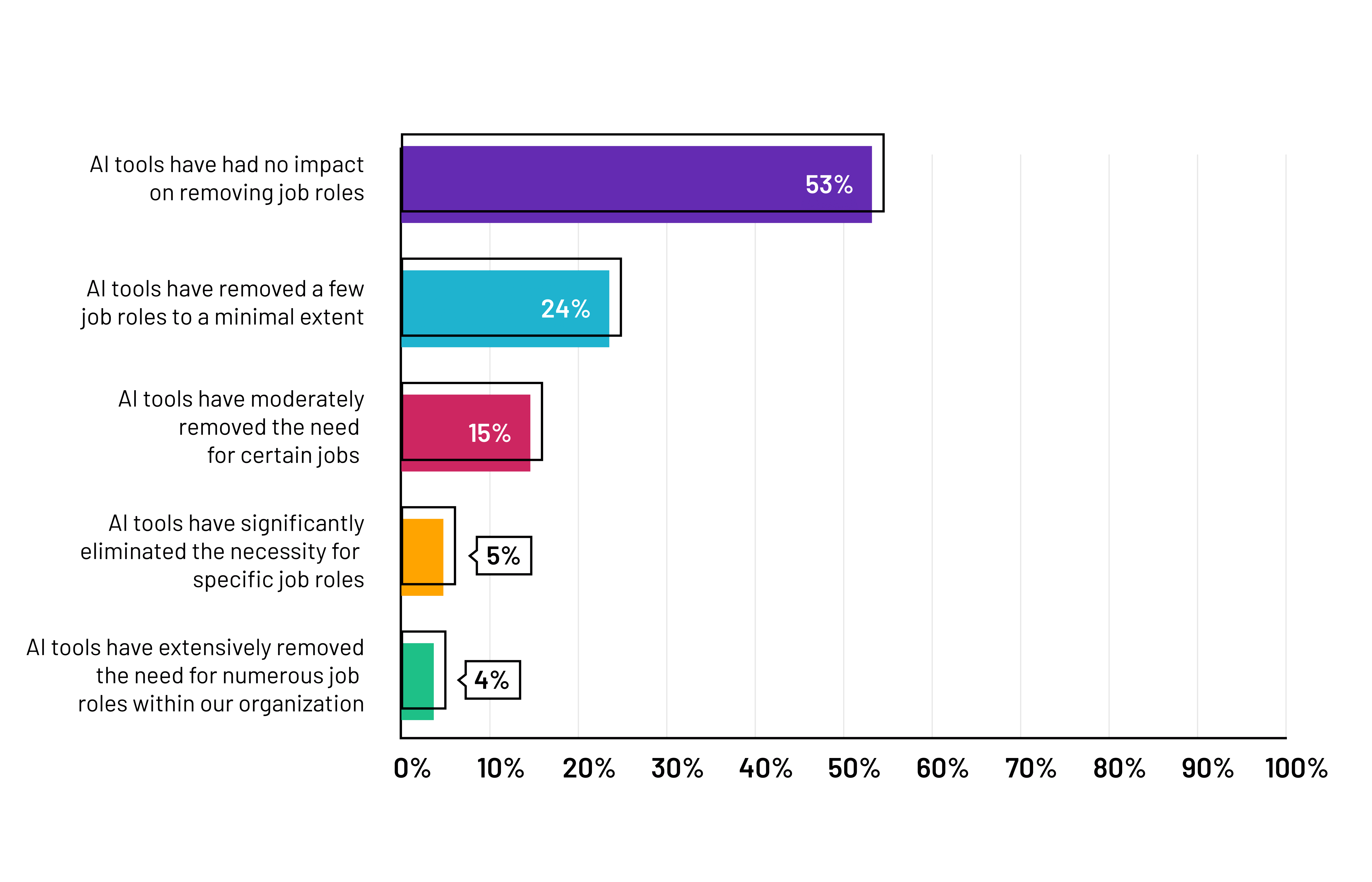A recent study has found that the introduction of AI services, such as OpenAI"s ChatGPT, has led to an increase in work hours and a decrease in leisure time for employees. The research indicates that workers in occupations with higher exposure to generative AI experienced a significant rise in work hours and a reduction in leisure time following the widespread use of ChatGPT in 2022 and 2023.
Wei Jiang, a professor of finance at Emory University, stated in a phone interview, "When ChatGPT came along, we were all very mesmerized by how powerful it is, how much work it does." Jiang noted that many anticipated that AI would allow them to work less, but instead, they found themselves working longer hours. The study reports that an interquartile increase in generative AI exposure corresponds to an additional 3.15 hours of work and a decrease of 3.20 hours in leisure time per week.
Jiang acknowledged that while AI is believed to increase productivity, the benefits are not being felt by workers. "I think generally people tend to agree that the AI technology seems most gains are going to the consumers and the firms, and not much to the large population of workers," she said. The study also highlighted that AI"s role in monitoring workers has contributed to longer hours, particularly among remote workers, while this effect was not observed among the self-employed.
This research raises concerns about the impact of AI on work-life balance and the distribution of productivity gains among different stakeholders.

Image for Study finds AI increases work hours and decreases leisure time for employees


![[Video] France opens applications for 10-month national service for youth](/_next/image?url=%2Fapi%2Fimage%2Fthumbnails%2Fthumbnail-1768220506872-i17id8-thumbnail.jpg&w=3840&q=75)




![[Video] Gunfire between Iraqi security forces and Sadr militias in Baghdad](/_next/image?url=%2Fapi%2Fimage%2Fthumbnails%2Fthumbnail-1768343508874-4redb-thumbnail.jpg&w=3840&q=75)
